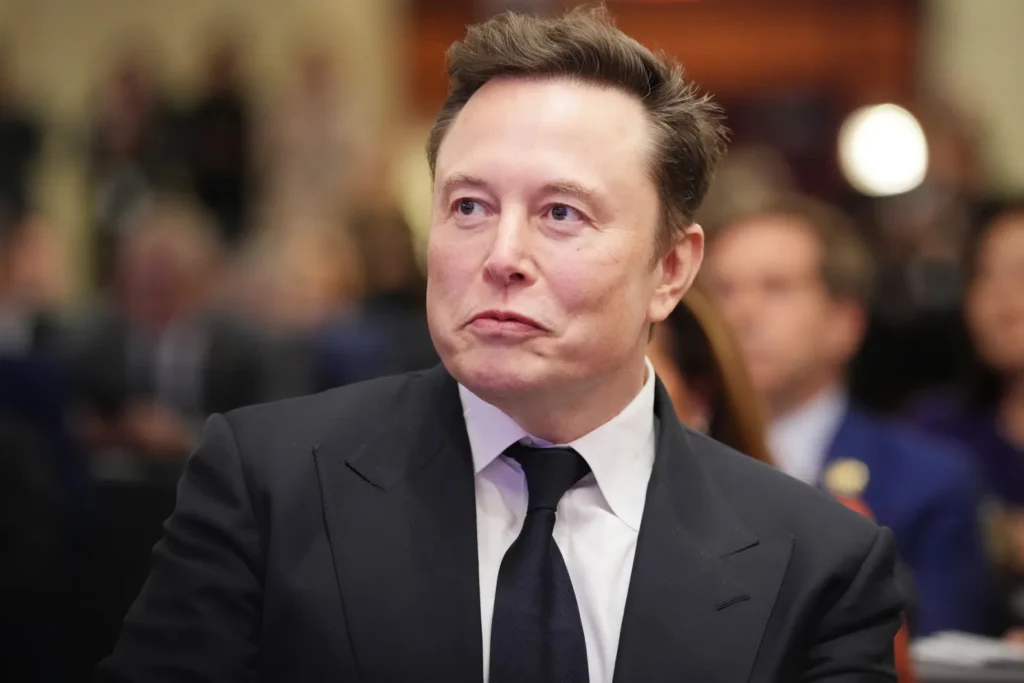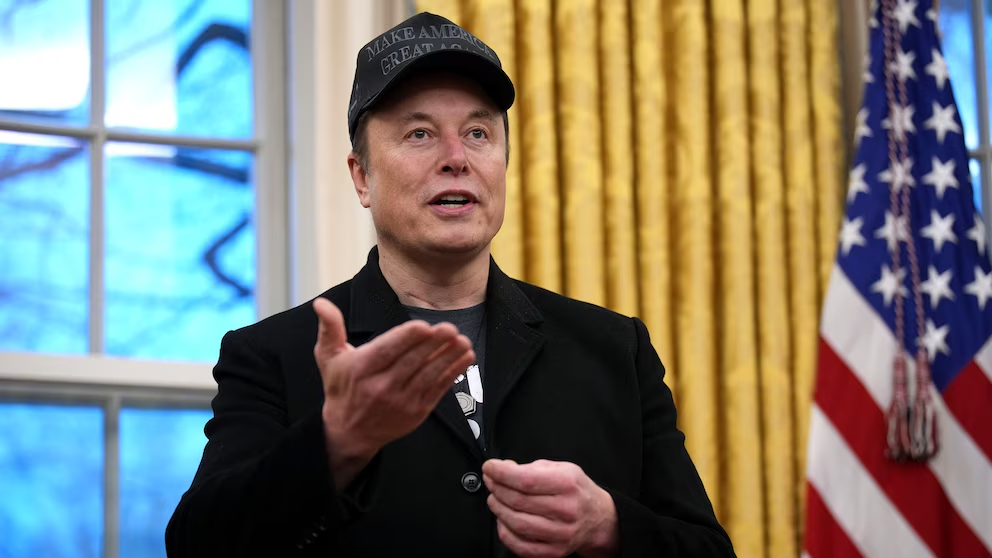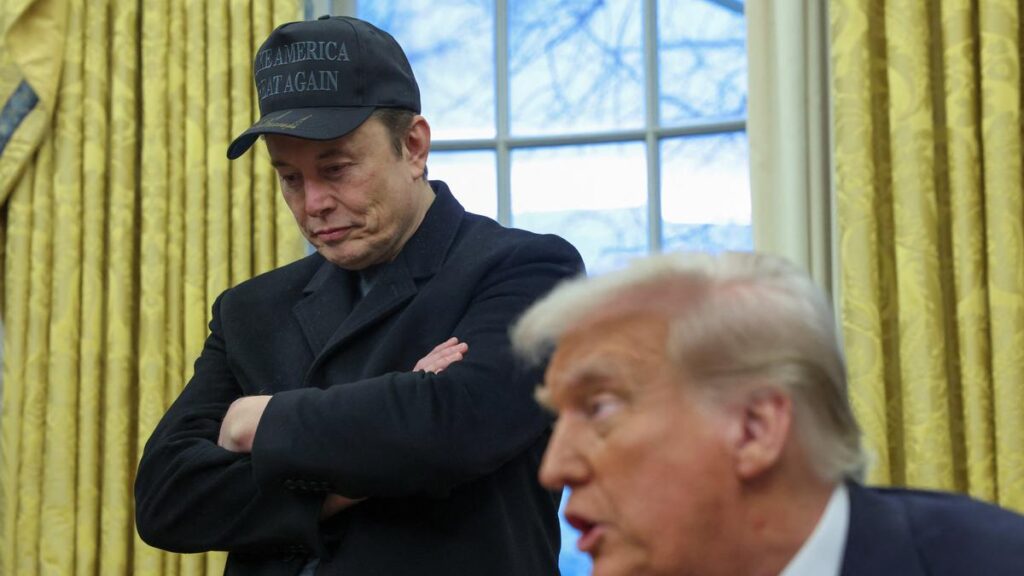
Stimulus check talk: A bold claim is circulating as DOGE (Decentralized Organization for Government Efficiency) asserts it saved the U.S. government a staggering $8 billion through a single contract overhaul. While details remain murky, the claim has ignited questions about whether such savings might translate into fresh stimulus check payments for Americans. Let’s dive into the details, explore how this could impact your wallet, and determine if the claim holds water.
The $8 Billion Savings Claim: What’s the Story?
DOGE, a self-described tech collective, announced on July 15 that it renegotiated a federal defense contract using blockchain technology, slashing costs by $8 billion. The group claims it used smart contracts (self-executing digital agreements) to eliminate middlemen, reduce fraud, and streamline logistics.
While DOGE hasn’t named the specific contract, it alleges the savings could fund 32 million stimulus checks (at $250 each) or shore up programs like Social Security. But experts urge caution. “Without transparency, this is just a headline,” says Dr. Laura Chen, a government spending analyst at Harvard.
RELATED TOPIC : DOGE Axes $8M Politico Government Contracts in Taxpayer Spending Overhaul
Stimulus Checks 101: A Quick Refresher
Stimulus checks are direct payments issued by the government to boost the economy during crises. The U.S. has deployed them during:
- The 2008 Recession: Up to $600 per person.
- COVID-19 Pandemic: Three rounds (2020–2021) totaling up to $3,200 per eligible adult.
- Inflation Relief: States like California sent checks up to $1,050 in 2022.
These payments are funded by taxpayer dollars or borrowed money—not third-party savings.
Could DOGE’s $8 Billion Actually Fund New Stimulus Checks?
In theory, yes. $8 billion could cover:
- 32 million payments of $250 each
- 10.6 million payments of $750 each
But there’s a catch: Congress decides how to allocate savings. Past savings from government contracts rarely fund direct payments. Instead, they’re often redirected to debt reduction or other programs.
“Stimulus checks require legislative approval,” explains economist Mark Thompson. “Savings alone don’t trigger payouts—political will does.”
How DOGE Claims It Saved the Money

DOGE’s announcement hinges on three tech-driven strategies:
- Blockchain Contracts: Automating payments and approvals via blockchain cut administrative costs by 40%.
- AI Auditing: Algorithms flagged $2.1 billion in overcharges from vendors.
- Supply Chain Transparency: Real-time tracking reduced delays and waste.
While these tools show promise, the U.S. Government Accountability Office (GAO) notes that defense contracts have historically been prone to 10–30% waste due to poor oversight.
Stimulus Checks vs. DOGE’s Savings: Key Differences
| Factor | Stimulus Checks | DOGE’s $8B Savings |
|---|---|---|
| Source of Funds | Taxpayers/Borrowing | Contract cost reductions |
| Approval Needed | Congressional vote | Agency reallocation |
| Timeline | Months to years | Immediate (if funds exist) |
| Public Impact | Direct cash to households | Depends on how funds are used |
Interesting Facts About Stimulus Checks
- Fastest Distribution: The IRS delivered 159 million COVID-19 checks in 3 weeks using direct deposit.
- Unclaimed Funds: Over $1.8 billion from 2020 stimulus checks remains unclaimed as of 2023.
- State Experiments: Alaska has paid annual “stimulus” dividends from oil revenues since 1982.
A Brief History of U.S. Stimulus Payments
- 1792: The First Congress approved payments to fishermen harmed by British trade restrictions.
- 1933: FDR’s New Deal included direct relief checks during the Great Depression.
- 1975: The first modern stimulus checks (100–100–200) were issued amid stagflation.
- 2001: Post-9/11 checks revived consumer spending after the dot-com crash.
Stimulus checks have evolved from crisis relief to economic stabilization tools—but they’re always political lightning rods.
Why DOGE’s Claim Is Raising Eyebrows

- Lack of Proof: No contract details or third-party audits have been released.
- Political Hurdles: Congress is gridlocked over 2024 spending; a new stimulus is unlikely.
- Tech Overhype: Blockchain and AI aren’t magic bullets. The Pentagon’s 2022 blockchain pilot saved just $40 million—not billions.
“Extraordinary claims require extraordinary evidence,” says watchdog group OpenTheBooks. “Show us the contract.”
What This Means for You
While $8 billion sounds exciting, don’t expect a stimulus check overnight. However, DOGE’s claim highlights two key issues:
- Government Waste: The U.S. spends $100+ billion annually on overpriced contracts.
- Tech’s Role: AI and blockchain could modernize spending—if implemented transparently.
For now, track your state’s inflation relief programs (e.g., California’s Middle-Class Tax Refund) and federal updates via the IRS website.
FAQs About Stimulus Checks and DOGE’s $8B Claim
1. Will there be a 2024 federal stimulus check?
Unlikely. No bills are currently in Congress proposing new direct payments.
2. How do I claim old stimulus money?
File a 2020 or 2021 tax return to request missing payments via the Recovery Rebate Credit.
3. Could states issue stimulus checks with DOGE’s savings?
No. Federal savings don’t go to states unless Congress approves transfers.
4. Is DOGE affiliated with Dogecoin?
No. Despite the similar name, DOGE claims no ties to the cryptocurrency.
5. Can blockchain really cut costs?
Yes—but savings are usually modest. A 2021 Deloitte study found blockchain reduces contract costs by 5–15%, not 50%+.
Conclusion: Stay Hopeful, Stay Realistic
DOGE’s $8 billion claim is a reminder that government spending reforms are possible—but stimulus checks aren’t guaranteed. While tech innovations could make our tax dollars work harder, real change requires transparency, accountability, and political cooperation.
For now, keep an eye on local relief programs, update your IRS details, and channel your inner skeptic when flashy savings claims arise. After all, if it sounds too good to be true, it probably is.
2 thoughts on “Could a $8 Billion Savings from ‘DOGE’ Fund New Stimulus Checks? What You Need to Know”